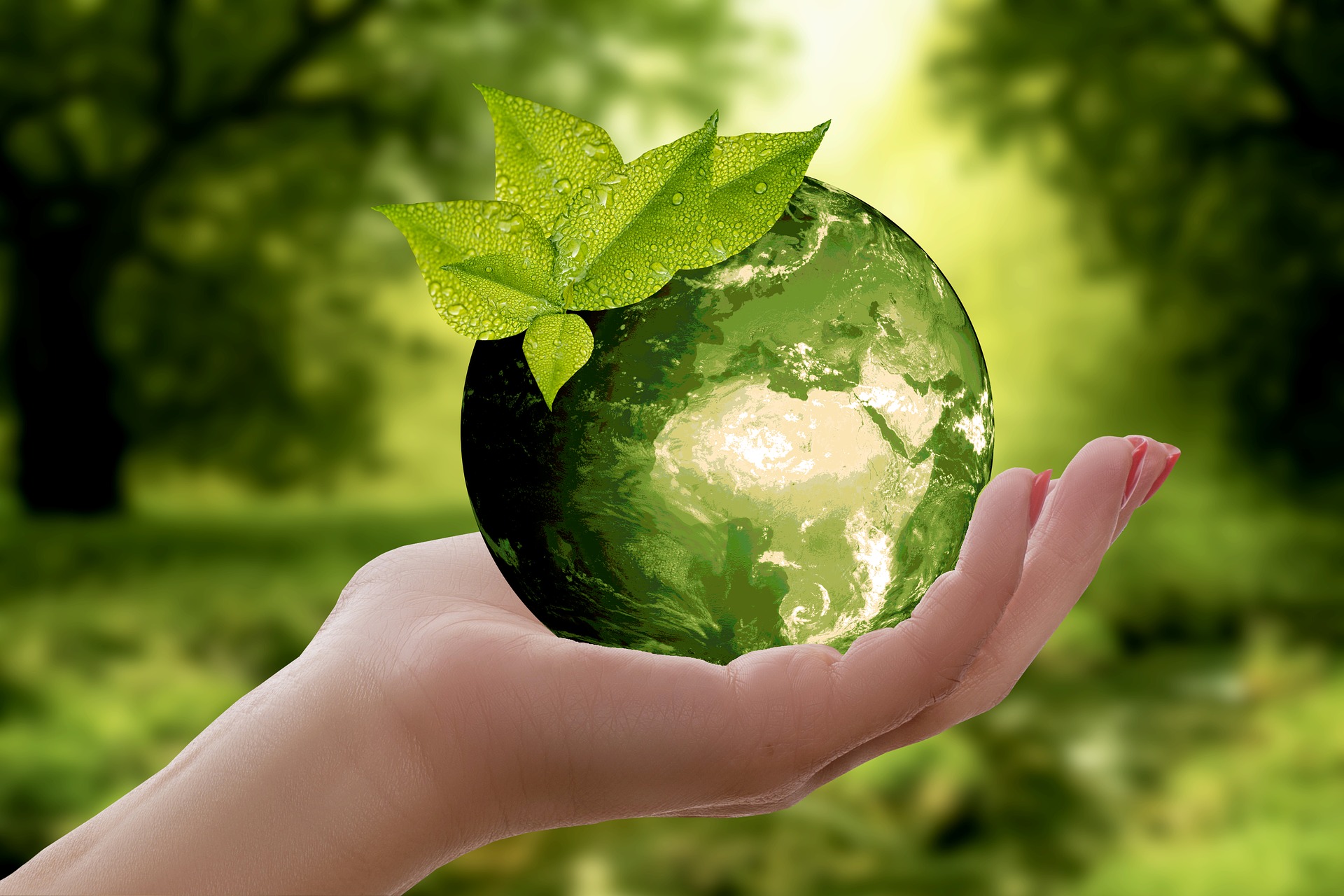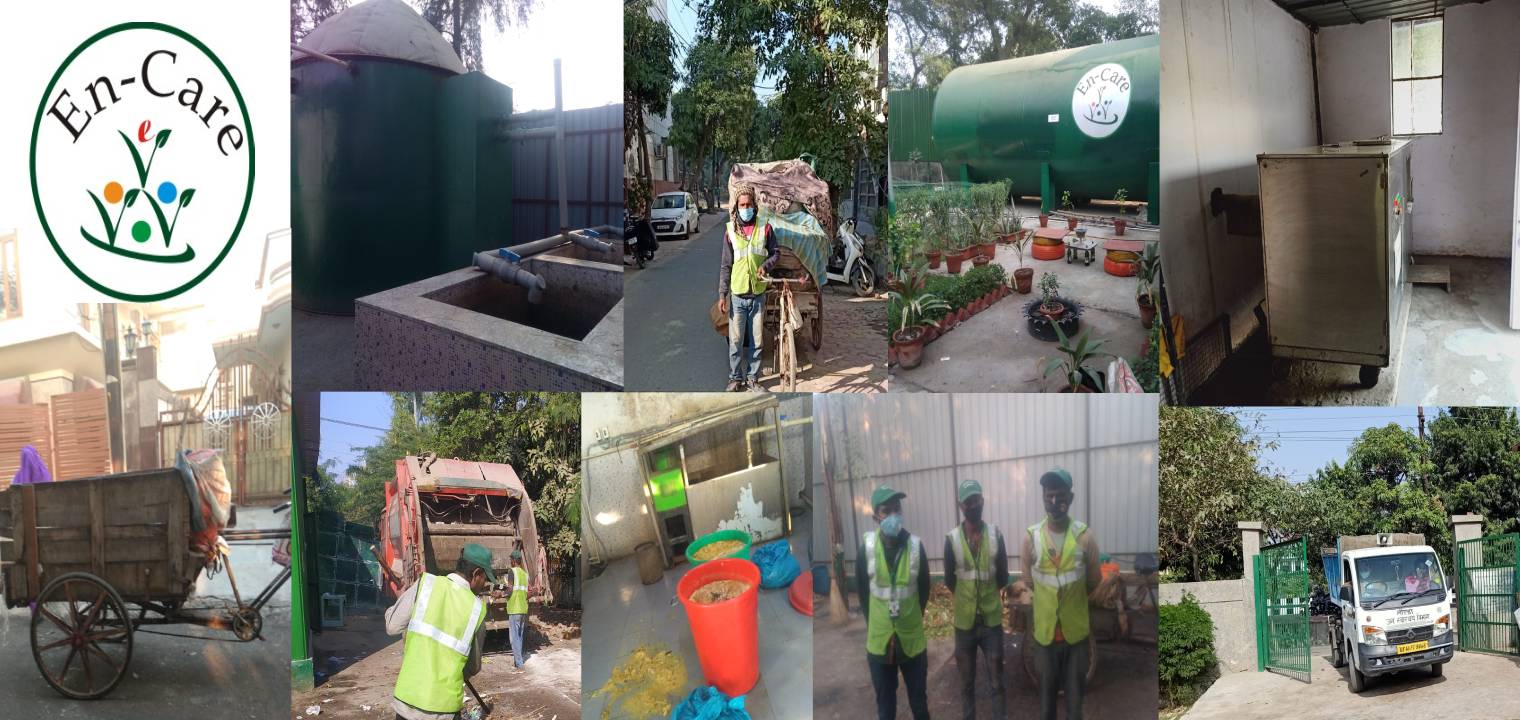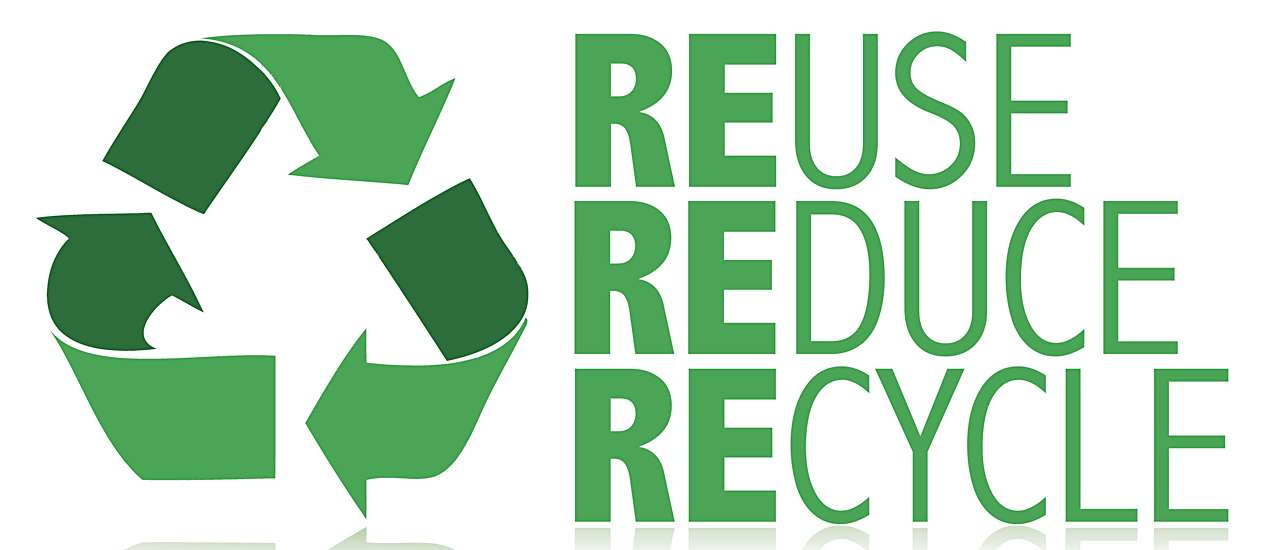How It Works
Recyclable waste sent for recycling
As part of 3R initiative, the recyclable waste is sent to various recyclers for further recycling. Be it plastic, packing boxes, papers, glass bottles, pet bottles or metals. It is possible to recycle almost everything except inert. This immensely help us to create a sustainable model of waste management..
Residual waste to landfill
Residual waste to landfill
Sorting of waste in plants
Once the collected waste is carried to the plant, another team further segregate the waste in 2 more streams. They separate the sanitary waste and unrecyclable waste also they scan through the wet waste to remove non-compostable items.
Collection and transportation of segregated waste
Everyday, our team collect segregated waste from each waste generator (Households and other bulk waste generators)in three different streams and carry it to our waste processing plants by rickshaws, electric vehicles or tipper trucks. Our team ensure that the waste is properly segregated, and it is not spilled while carrying to the plant.
Waste Generation
From evolution of mankind, we generate waste, be it food waste, kitchen waste, recyclable waste or trash. Disposal of waste is another major challenge particularly in Urban areas where availability of space is minimal for establishing waste processing plants or landfill sites. Today, the greatest task ahead of us is to save the planet from pollution, water contamination, greenhouse gases and leachates. Also, we need to practice reduction inwaste generation as far as possible and segregate waste in at least 3 (three different streams viz: Recyclable waste, wet/organic waste and hazardous waste.
Revenue carry out operation
Revenue carry out operation
Consumers
Entire output of a Bio-methanation plant is saleable and that is the reason, it is considered to be the most viable and sustainable solution available in Waste management industry
Processing of wet waste in Bio-methanation plant
We process the wet waste which is commonly known as biodegradable waste in our state-of-the-art bio-methanation plant. This process is considered to be the most environment friendly and generates, Biogas and high-quality organic compost. Biogas can be used for cooking, converting into Bio-CNG or generate electricity. All bio-methanation plants reduce the greenhouse gases and Carbon Dioxide (CO2) in the environment.
Gas/Electricity & Manure
The generated output like biogas, or electricity is sold to bulk consumers and the generated compost is dried, properly packed and sold to general consumers.








